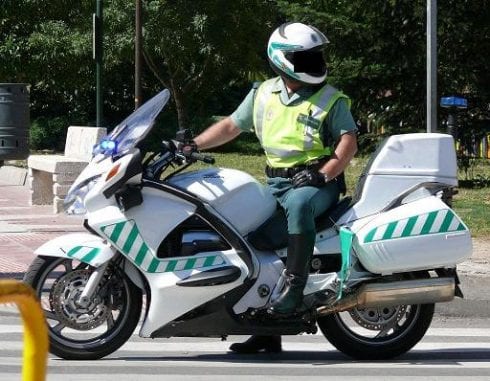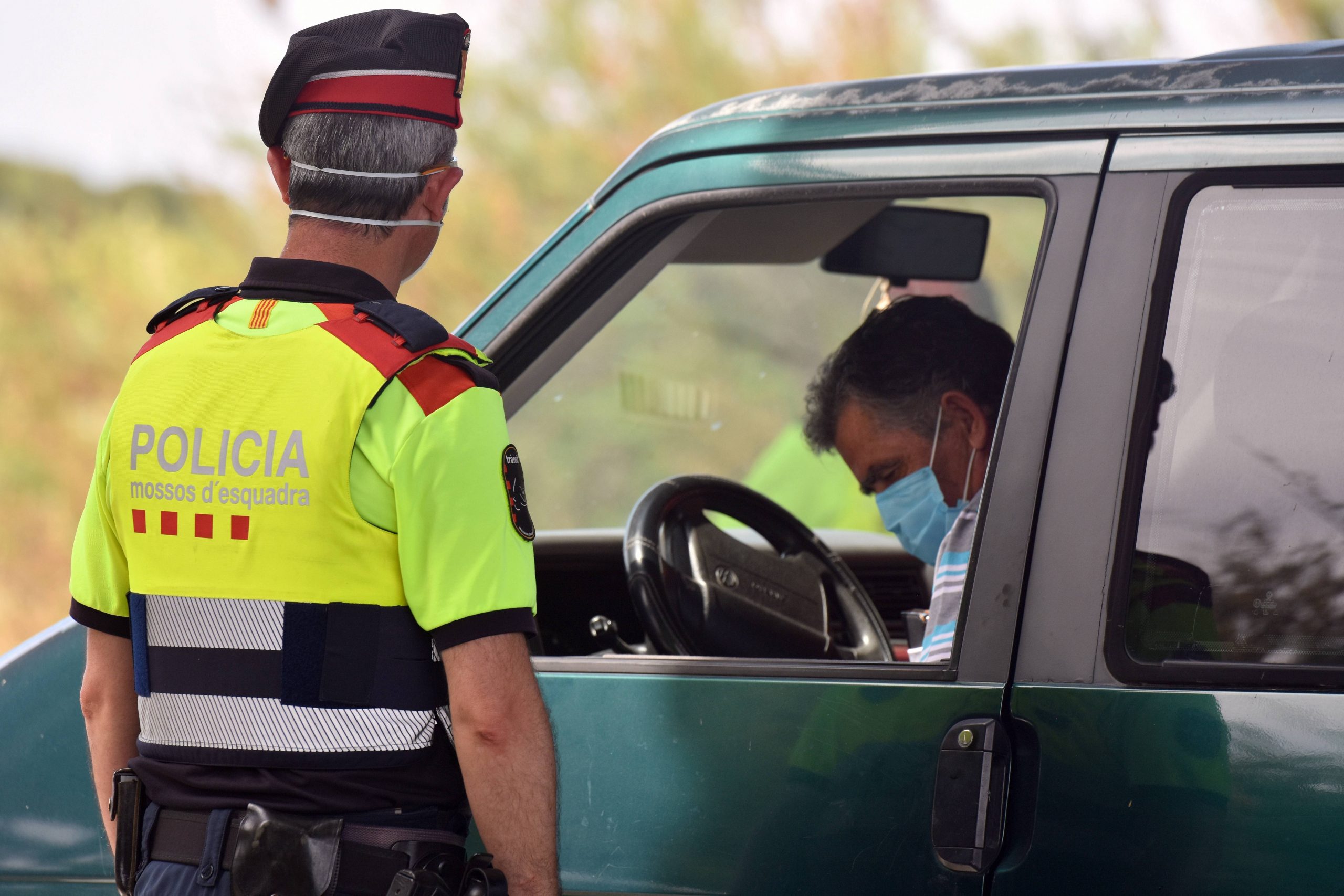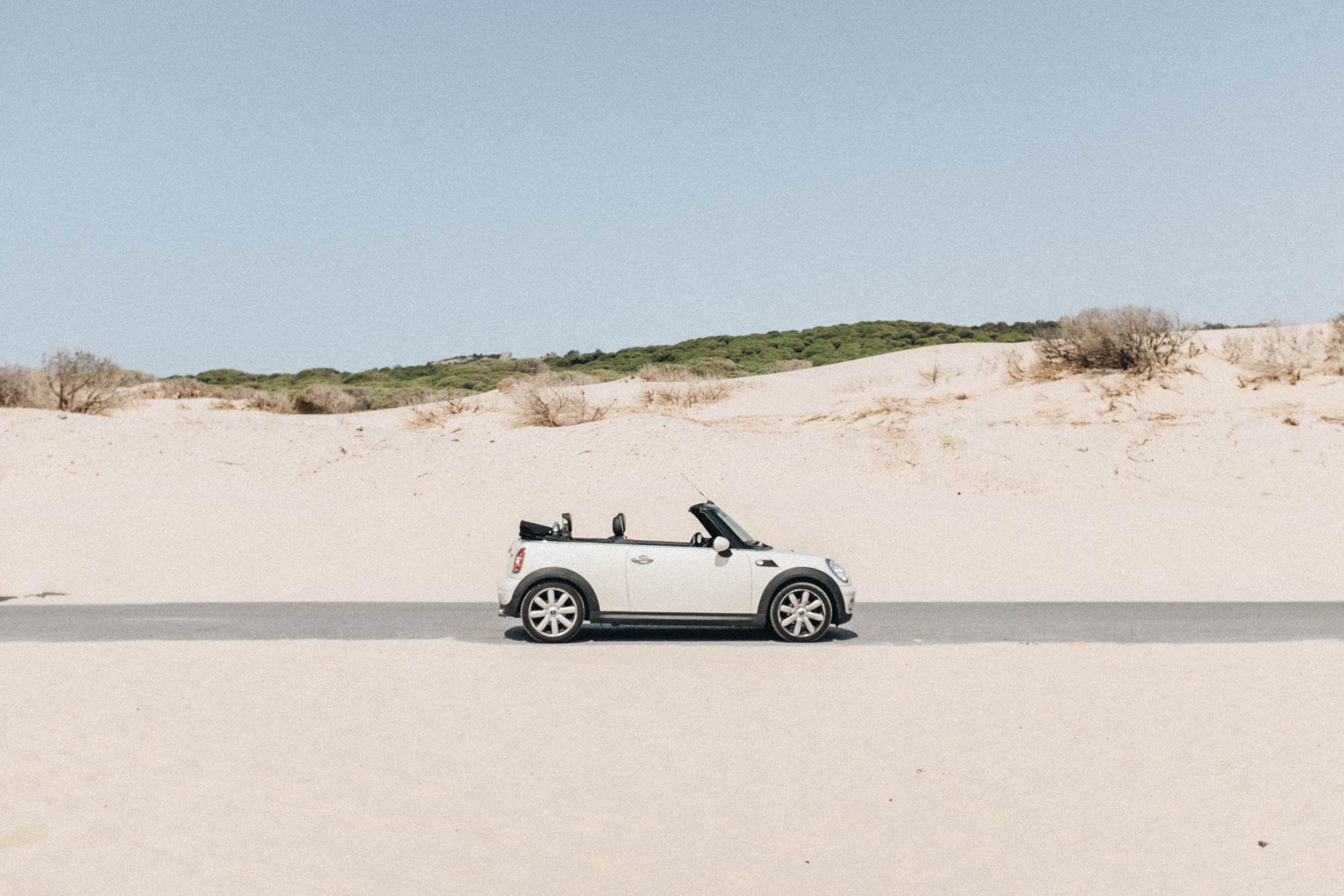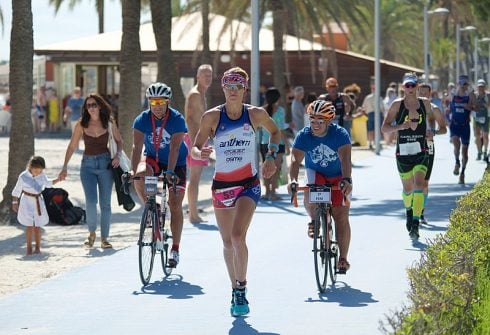Read on for the top 10 tips for driving in Spain as told to us by thousands of expat customers.
As a leading expat-focused car hire firm in Javea, Alicante, we’ve seen and heard it all.
For car hires in Alicante with no excess, no deposit, and a door-to-door delivery service anywhere in the Costa Blanca North, Alicante Airport and Valencia Airport give us a call at BlancaCars.com.
First things first – are Spanish drivers really that bad?
Spanish drivers have an unfair reputation.
Northern Europeans like to complain about driving in Spain, but Spanish drivers are far from Europe’s worst according to the most recent Road Accident report from the Spanish traffic authority (DGT).
In 2020 Spain saw the fourth-lowest traffic mortality rate in the European Union (of 27 countries) with 29 deaths per million people.
Spain’s traffic mortality rate was only bettered by Denmark (27 deaths per million), Malta (21) and Sweden (18). The EU average was as high as 42 deaths per million people.
As you’ll see below, Spain has some of the strictest laws on drink driving and using a mobile phone at the wheel. Alongside a formidable police force, these have significantly lowered Spain’s traffic mortality rate in recent years.

Guardia Civil Trafico – Spain’s specialised traffic police
In Spain there are three different police forces.
On the road you’ll be dealing with the Guardia Civil – Spain’s oldest law enforcement agency, with a military-style structure and whose agents you’ll see zooming down motorways on BMW R 1200 RT motorbikes
Guardia Civil agents are typically placed in units far from their hometowns. They often do not speak English and in our clients’ experience do not take kindly to angry, aggressive or disrespectful behaviour. You could find yourself en route to a rural station wearing a nice pair of bracelets!
Be nice, pull over when they flash or indicate, and you’ll avoid any trouble.
Top 10 tips for driving in Spain
Below you’ll find an overview of our top tips for driving in Spain.
- RHT. In Spain, we drive on the right hand side of the road. Our cars are left-hand drive so getting in the passenger seat to start your journey will be of no use to you!
- KPH. Speed is measured in kilometres per hour (kph). Most of our signs are the same as in the UK but a blue square is the maximum recommended speed. The maximum speed on motorways is 120 kph, and 90 kph on the single-carriageway national road network that connects towns and villages across Spain (these roads have an ‘N’ at the beginning, e.g. N-332). Please remember that speed limits are a maximum, not a target!
- Seatbelts. Seatbelts must be worn by everybody travelling in the vehicle. If there are only two seat belts in the back then only two people can sit there.
- Children on board. Children measuring under 1.35m must sit in the back irrespective of their age. They must also use an approved restraint system for their height, be it a car seat or a booster seat. The only exception to the rule is when there are no seats in the back of the vehicle, a sports car for example, or when the rear seats are already occupied by smaller children.
- Drink driving. Drinking and driving in Spain, as in most countries, is frowned upon. We have often had a police officer tell us that Spanish officers take two things more seriously than any other crime: violence against women, and drink driving. Spain has a much lower blood alcohol level count than in many other countries. It must not exceed 0.5 g/l ( 0.25 mg/l in exhaled air). If you’re over the limit, it’s a criminal offence that requires a court appearance. The best advice is to not drink alcohol at all if you’re planning on getting behind the wheel. Take a taxi or find yourself a designated driver for the night. Obviously the same applies to drugs (police at random stop-searches will commonly test drivers for cannabis too). If you are taking prescription medication, read the packet carefully as this can also inhibit your capability to drive.
- Both hands. Do not take your hands off the wheel while driving, whether using your phone, smoking or eating. The fine for being caught using your mobile phone whilst driving is 200€ and 6 points off of your licence. You can use your phone as a GPS sat-nav, however you must program it before you set off and stop in a safe, legal space if you need to change it. Spain’s DGT has many traffic helicopters circulating the skies above motorways, and can catch you without you even noticing.
- Amber flashing lights. In Spain you will come across traffic lights showing red, but with a filter signal flashing amber allowing you to turn right. Remember to give way to traffic approaching from your left.
- Blue flashing lights. Traffic police vehicles circulate with their blue lights illuminated all of the time. If you see these blue lights, it doesn’t mean you need to stop. Police will use flashing red lights to stop your or bright white lights from the front of their vehicles.
- Roundabouts. As ridiculous as it may sound, roundabouts are a recent addition to roads in Spain. Things don’t always happen on Spanish roundabouts as you will expect. It’s not unusual to see motorists using the outside lane no matter what exit they wish to take, because up until a few years ago this was taught in driving schools. Explaining the correct way to navigate roundabouts has posed a serious challenge for the General Directorate of Traffic (DGT), however, and every year they post the rules in elaborate graphics on social media. Spain was the last country to introduce the priority rule on roundabouts (in 2000) and before this cars entering the roundabout had priority over those already circulating. Watch out for those stuck in the past. The inside lane should be used when taking the 3rd or subsequent exits or re-circulate the roundabout. It goes without saying that any manoeuvre made while on a roundabout should be proceeded with the correct indicator. Failure to signal could lead to a 200€ fine.
- Cyclists. With barely any designated cycle roads – and huge popularity with cyclists – Spain’s roads aren’t big enough for the both of us. A new law introduced in 2022 changed the way cyclists should be overtaken in Spain. Drivers wishing to overtake a bike have to make a complete lane change when there is more than one lane in each direction. On single-carriageways, you must leave at least 1.5m distance. The penalty for not doing so has increased from 4 to 6 points. Spain is increasingly popular with amateur and professional cycling teams, especially in southern Andalucia and Alicante and even more especially during the winter.

Bonus – some stranger tips for driving in Spain
- A valuable tip. While looking for somewhere to park you may come across a piece of land that doesn’t look like a carpark but has vehicles parked on it nonetheless. If you decide to follow suit you may find that at the entrance to the “car park” a man will appear and direct you to an empty space. It is always best to tip this person as they will keep an eye on your car for you while you are away. Failure to tip the person may result in you returning to some ‘accidental’ damage to your car!
- Open season. People generally park anywhere in Spain: on zebra crossings, bus stops, entrances to garages, curbs, pavements, and even on the road itself. If you choose to do the same, remember to lock your car as it’s not uncommon for the person you are blocking in/out to open your door, release the handbrake and roll your car out of the way!
- Beep beep. As any good driver should know, using your horn should only be reserved for emergencies as it can incur a fine of 80€ if used improperly. In Spain, however, you will find the gas man who delivers gas bottles using his horn to let occupants of the street know that he has arrived. Horns will also be used to say “hello” or “ goodbye” to people the driver may recognise as they are driving down the road. They will also be used to signal annoyance, happiness and most emotions in between!
- Slow culture. Prepare for people stopping in the middle of the road, hazard lights on, to talk to family, friends and friends of friends of family! As much as you use your horn, it will not speed up the interaction between them (if anything it will slow it down). The best thing to do in this case is check that it is safe to drive around the car and do so.
- Which side of the road. Small roads in Spain where there is no room to park on both sides of the street have a very strange but logical way to overcome this problem. For half of the month vehicles park on one side of the street and for the other half of the month they park on the opposite side of the street. Some roads will have signs to tell you which week is which, but if you can’t see one and you are not sure which side of the street to park on, it’s best to park on the side where others have parked their cars. You’ll receive a fine if you are caught parking on the wrong side of the street! The Las Terrazas car park in Benidorm has become notorious for allowing free parking if your licence plate ends in an ‘even’ number on ‘even’ days of month the month and vice versa for ‘odd’ number plates on ‘odd’ days of the month.
- FIESTAS! Everybody loves a Spanish fiesta, so trying to find a parking spot while the fiestas are in full swing is like trying to find a needle in a haystack. During fiestas many streets are sealed off with barriers due to processions. As tempting as it may be to move a barrier to park it is not worth it in the long run as your car will be towed and you will have to pay a hefty fee to get it out of the impound.
- No washing allowed. A curious fact is that washing or repairing your car on a city street is one of the most expensive violations and can incur a fine of up to 3000€! If you have ever wondered why the car washes are so busy in Spain, this is why.
Lesser known driving fines in Spain
- Throwing things out of the window can land you a fine of 80€ to 200€.
- Depending on the region, parking on the beach can incur a fine of 90€
- Driving with your hand/arm out of the window will cost you 100€ (There’s also a fine if you’re seen arguing whilst driving, biting your nails or kissing your passenger!)
- Having your music too loud. Some places are designated “quiet zones”, for example, near a hospital. Having the music too loud in your car can mean a fine of 80€ – 100€.
- If you are caught driving barefoot or wearing flip flops the fine is 200€.
- Driving without a shirt can mean a fine of 100€.
- Driving with a hat or cap that covers your ears could cost you a 100€ fine.
- Don’t let your copilot rest their feet on the dashboard as you could be fined 100€ if caught.
Conclusion – tips for driving in Spain
Driving in Spain should be as hassle free as driving in any other country.
As long as you take it slow, adhere to the rules of the road and keep your temper, everything should run smoothly.
If you do get into an accident or see an accident take place you should find a safe, legal stop to stop and call the emergency service number 112. The operators speak many languages so don’t worry about having to try and converse in Spanish. It’s advised by the DGT to try and find your location before calling 112 as it will speed up the process in getting help to arrive.
Thousands of clients have enjoyed a stress-free car rental in Alicante and Costa Blanca North thanks to our no deposit, no excess and door-to-door delivery services.
If you’re looking for a hassle-free car hire firm in Alicante, give us a call at Blanca Cars.











